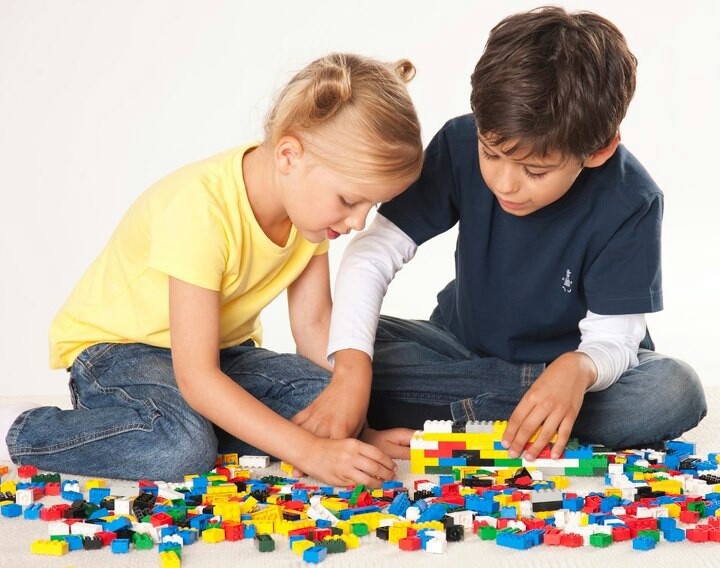Interactive games provide children with challenges that encourage critical thinking and creative solutions. Through puzzles, strategy-based adventures, and cooperative play, kids learn to analyze situations, test hypotheses, and adapt when things don’t go as planned. Games like virtual escape rooms or logic-based adventures can develop cognitive flexibility — the ability to switch between different ideas to find the best outcome. Moreover, interactive play fosters patience, decision-making, and resilience, as kids experience both failure and success in safe, playful environments. Over time, these problem-solving experiences translate to real-life skills: teamwork, curiosity, and a willingness to face new challenges confidently.
How Interactive Games Improve Children’s Problem-Solving Skills

